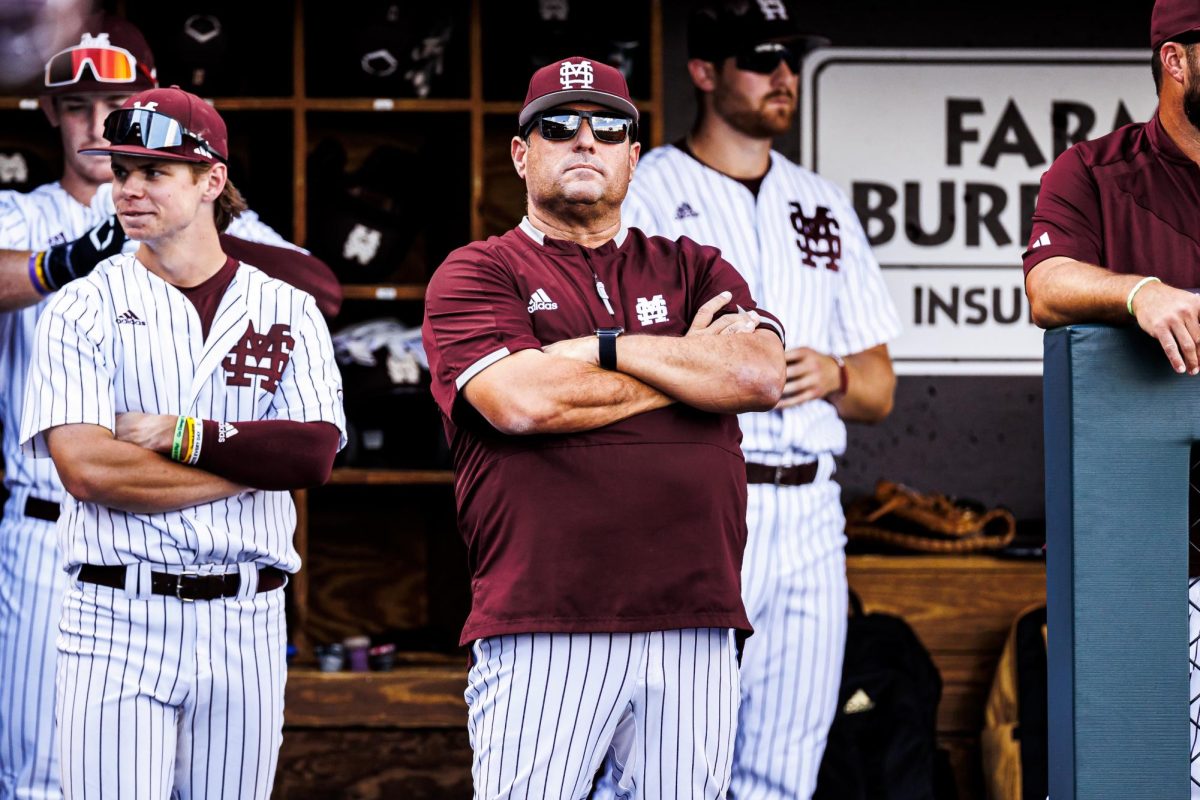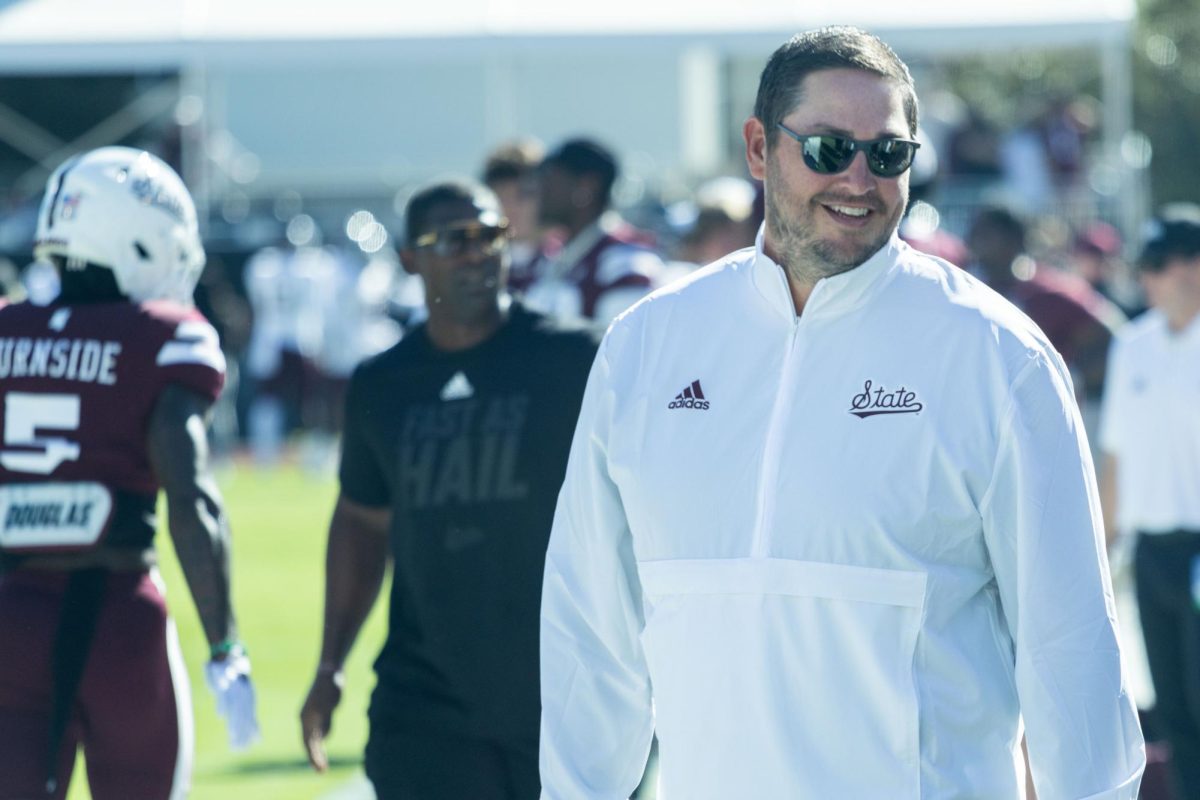While the conference realignment wheel keeps on spinning, the Southeastern Conference is busy working on a 2012-13 schedule that will likely feature 13 teams after Texas A&M was added to the conference in September.
The conference is hoping the addition of A&M brings in more revenue and exposure for the league, but for now the Transition Committee must deal with the headache of creating schedules for the 18 sports in which A&M currently completes in the Big 12.
Larry Templeton, consultant to commissioner Mike Slive and member of the Transition Committee, admits there may be some coaches in various sports who have problems with the new scheduling.
“We understand that it’s not ideal,” Templeton said. “We understand that it’s not easy. We understand that everybody will have to make some adjustments, and we’re going to make the best of the opportunity.”
There has been speculation the SEC will add a 14th team, and Missouri is often mentioned as a potential candidate, but interim Big 12 commissioner Mike Neinas said last week the Tigers would not move until 2013. Templeton said the league’s current scheduling plans are not designed to be permanent but designed to get the league through 2012-2013.
The football scheduling conflicts take up a significant amount of media attention, but each sport presents its own set of challenges. Templeton said the league is hoping to have different options ready for football and basketball ready to be presented to the conference’s athletic directors by December, with the other sports to follow early in 2012.
The athletic directors will be among those with a heavy hand in scheduling decisions, and Mississippi State athletic director Scott Stricklin recognizes the wide variety of circumstances adding a 13th team creates.
“There are some peculiarities there with some of the sports,” Stricklin said. “Softball may get easier, volleyball may get easier. That’ll be something we have to look at on a sport-by-sport basis. The league office is spending a lot of time right now looking at those things and trying to figure out what’s best.”
The reason softball and volleyball scheduling may get easier is because they both currently only play with 11 teams, so an addition that causes headaches for other sports is one that makes life easier for others. One sport that will be a challenge to schedule is baseball, which currently has each league team play 10 consecutive SEC series. When asked about the scheduling difficulties, MSU head coach John Cohen said they already have their 2013 schedule “essentially done” and the new format will cause a blip in the spring tradition of SEC baseball.
“We’ll have our coaches meeting in November, and that’s one of the things that’s going to be discussed,” Cohen said. “If you have 13 teams, every week in SEC play there’s one team not playing on a weekend. I can’t remember a time in Mississippi State history when they weren’t playing an SEC baseball game on a weekend in late March, April and May.”
Some league coaches have been more vocal about scheduling and adding teams than others. In contrast to Cohen’s opinionated answer, MSU basketball coach Rick Stansbury said he has learned not to worry about things that he has zero control of.
Templeton said the league will get more input from athletic directors than from coaches because it is a one-year transition, but the coaches will still have an opportunity to express their wishes, according to Stricklin.
” They’ll get together as a group and have a chance to voice their thoughts, concerns and wishes,” Stricklin said. “They may not get as much input as they would like, but the league will try to get as much as they can.”
Men’s basketball has had scheduling issues recently even without expansion as the league voted to do away with divisions for the 2011-2012 season. Stricklin said he believes the regular season schedule will not be too difficult to create because teams already have an open date built into the conference slate, but tweaking the conference tournament to include a 13th team will be a more complex issue.
In football, one of the main questions is whether traditional rivalries will be preserved. Currently, each team has a crossover opponent in the other division it plays every year, plus divisional rivalries like MSU v. Ole Miss and Auburn v. Alabama. Starting in 2012, there is a possibility some of those rivalries will be lost.
“There are formats that protect that and formats that do not,” Templeton said. “Those are some of the decisions that have not been made yet.”
The SEC is not the first league to play with uneven teams. The Big 10 spent two decades with 11 teams before adding Nebraska this year. The task that lays ahead for the league is not an impossible one, but college athletics’ premier conference finds itself with difficult questions to answer.
Thirteen is an unlucky number, after all.
Categories:
Unlucky number for scheduling
JAMES CARSKADON
•
October 17, 2011
0
Donate to The Reflector
Your donation will support the student journalists of Mississippi State University. Your contribution will allow us to purchase equipment and cover our annual website hosting costs.
More to Discover







